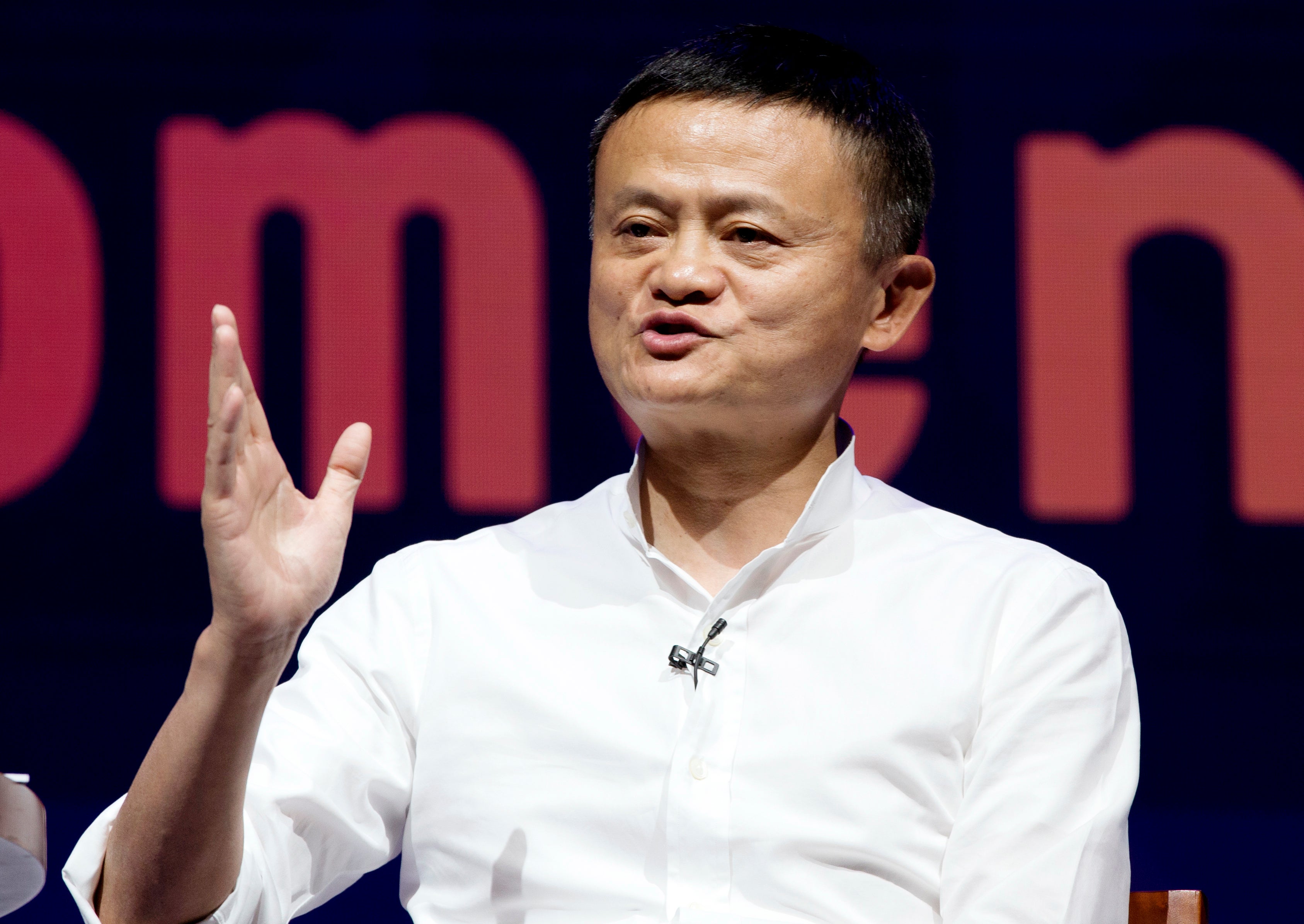Are Beijing’s tensions with Jack Ma a harbinger of a wider reckoning to come?
My guess is that this bull run for China continues for another decade, then serious tests over the future for China’s economy and society will emerge, writes Hamish McRae


The political pressure on Jack Ma continues to mount. The latest twist to the saga are reports that the Chinese authorities require him to divest his media enterprises, including the South China Morning Post in Hong Kong.
For anyone who does not follow his activities, Ma is the founder of Alibaba, and so is China’s equivalent of Jeff Bezos, founder of Amazon. Last October he called for reform of the country’s financial regulatory system and since then he has been under pressure from the government. He disappeared from public sight, and while he is well and active, the government pressure clearly continues to climb. The message is clear. Entrepreneurs are welcome to make their fortunes but they must never criticise the government or the Communist Party.
So what should the rest of us make of all this? Is it part of a wider assertiveness of the Chinese authorities, in parallel to the increased pressure on Taiwan and the squeeze on the independence of Hong Kong?
Maybe the first thing to say is that this is not really about banking regulation, the issue raised by Ma last October. Regulation is run by the China Banking and Insurance Regulatory Commission (CBIRC) which is headed by Guo Shuqing, who is extremely thoughtful and who has been steering the country’s financial system though an inevitably bumpy year with a sure touch. There are plenty of reasons why people should want to criticise the Chinese authorities. This is not one. Indeed the way the CBIRC and the central bank, the People’s Bank of China, are managing the financial response to the pandemic seem to me to be exemplary.
What is happening is I suggest much broader. It is president Xi Jinping being aware that the party has to remain in charge of the transition that China is making from a relatively poor country to a solidly middle-class one. The early stages of that transition were relatively easy to control. Any country growing at 8 per cent or more a year will create huge fortunes and Ma is the prime beneficiary of that process. It is also lifting millions of people out of poverty and into middle-class lifestyles. It depends a bit on your definition of middle class, but if you look at measures such as car ownership a majority of people in China are there. There are about 200 private cars per 1,000 people, roughly the same level as the UK in 1970.
Read more:
However, people in China, as here in Europe or to a lesser extent in the US, are suspicious of the power of the business community. The Chinese leadership is too, and particularly of the high-tech companies. President Xi has just warned about the excesses of the technology high-flyers. Expect the crackdowns to continue.
However – and this is the really important thing to grasp – Xi is not doing this simply because the government resents another power in the land, one that might at some stage challenge the Communist leaders. It is certainly partly that, but there is something else. He is also responding to public pressure. Look at the pushback against US high-tech companies in the UK, Europe and Australia. Something rather similar is happening in China too, though here it is the Chinese high-tech barons who are being brought to heel.
Where does this end? I am not sure. I am confident that this growth will continue for while yet, albeit at a slower pace than in much of the past generation. The size and self-confidence of the Chinese middle class will continue to swell. Many of the more thoughtful middle-class Chinese people are concerned by the general direction the Xi government is taking – I understand the banning of the BBC in mainland China is more unpopular than is generally appreciated. But for the time being, the support is secure.
The relatively successful, if harsh, way in which China has crushed the pandemic will have bolstered the idea that the country is being governed in a competent manner. The country is still on the path to becoming the world’s largest economy, passing the US towards the end of this decade.
My guess is that this bull run for China continues for another 10 years. People will be allowed or encouraged to become wealthy provided they stay out of politics. There are, and will remain, some things in China that people cannot say. But then at some stage, there will be a reckoning.
Either future visionary leaders will manage a smooth transition to a more open society. Or there will be dislocation when an economic crisis produces a “Chinese spring”.
If it turns out to be the latter, then the pressure on Ma will seem a small bump on an increasingly rough road.
Join our commenting forum
Join thought-provoking conversations, follow other Independent readers and see their replies
Comments